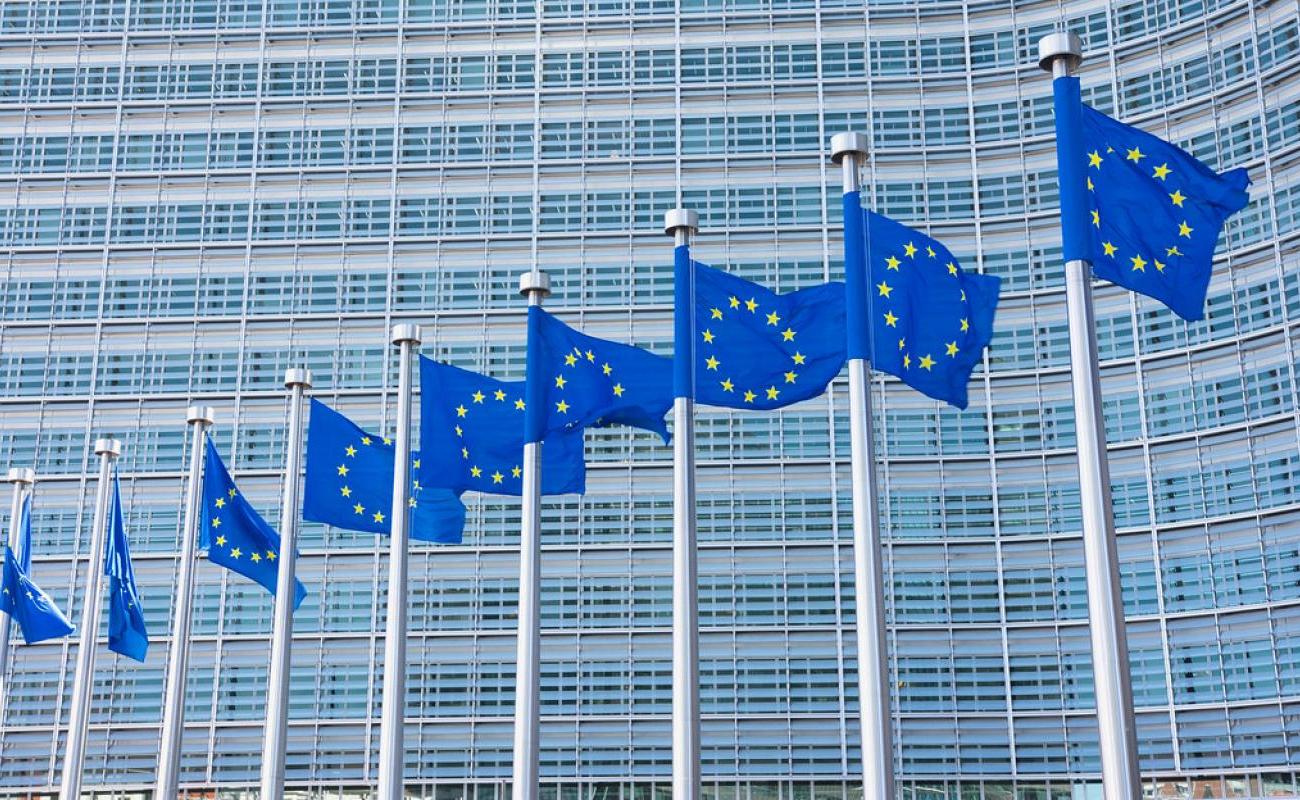European Commission’s new PCI list: what’s happening in Balkans?
The European Commission has updated the list of energy projects of common interest (PCI). They are key cross-border infrastructure investments for a more integrated and resilient energy market that are supposed to help the European Union meet its energy and climate goals. Here is an overview of the projects in the newest, fifth list, that concern the Balkan region.

The fifth PCI list was sent to the European Parliament and European Council for approval. The process is expected to take up to four months. Under the legislation concerning the PCIs, the Trans-European Network-Energy (TEN-E) Regulation, the projects may qualify for grants under the Connecting Europe Facility (CEF).
They fall into one of four categories: electricity transmission and storage, gas, CO2 network, and smart grids. Many types of investments are considered PCIs – the examples are the Northern Lights carbon capture project in Norway, and Elmed or TUNITA, to lay a 600 MW submarine power cable under the Strait of Sicily to connect Italy and Tunisia are examples.
In the Balkans there are many projects that are included on the list.
Electricity transmission and storage projects planned for Romania, Serbia, Cyprus, and Greece
The Israel-Cyprus-Greece cluster or the EuroAsia Interconnector is a project to connect the three country’s electrical grids via the world’s longest submarine cable at 310 kilometres from Israel to Cyprus and 898 kilometres from Cyprus to Greece. It is expected to be completed in 2023.
The Mid Continental East Corridor consists of a power link between Reșița in Romania and Pančevo in Serbia, and three internal lines in Romania itself. The part connecting Serbia and Romania has been finished, with the rest of the cluster scheduled for completion in late 2025.
Terna Energy’s project to build a pumped storage hydropower system in Amfilochia is another PCI in Greece. The system will store excess electricity from wind, photovoltaic, and thermal power plants.
Gas-related projects are the bulk of Balkan PCIs
In the gas category, a cluster of infrastructure development and enhancement to enable the Balkan Gas Hub is on the PCI list. It includes an interconnection between Greece and Bulgaria from Komotini to Stara Zagora and a compressor station at Kipi in Greece as well as the rehabilitation, modernisation, and expansion of the Bulgarian transmission system. The remaining part is a gas interconnection between Bulgaria and Serbia or IBS, meant to link the two countries’ gas networks.
There is also a cluster for increasing storage capacity. It includes the expansion of underground gas storage (UGS) in Chiren in Bulgaria and the construction of the South Kavala storage unit under the sea near Kavala in Greece. Two projects are in Romania: the revamping and expansion of an existing gas storage facility of 300 million cubic meters in Târgu Mureș and another UGS project in Bilciurești.
Serbia is involved in power and gas interconnection projects
Romania also has projects from the second phase of the ROHU/BRUA cluster to boost bidirectional capacity between Romania and Hungary to 4.4 billion cubic meters per year. It comprises the expansion of the transmission capacity in Romania towards Hungary, expansion of gas compressor stations, a pipeline from the Black Sea shore to Podișor near Bucharest and a compressor station in Csanádpalota in Hungary.
Croatia and Slovenia have projects in the gas connection category too: interconnection between the two countries (Lučko-Zabok-Rogatec), a compressor station in Slovenia in Kidričevo to be upgraded, and the upgrade of the Rogatec connection. The pipeline will have a capacity of five billion cubic meters per year.
The EastMed Pipeline is a pipeline PCI for bringing gas from East Mediterranean reserves to Greece’s mainland via Cyprus and Crete. It is dependent on the projects for the offshore Poseidon Pipeline and the reinforcement of the Adriatica Line.
Also in Cyprus, on the list is the project to develop gas infrastructure — Cyprus Gas2EU.
Two projects in the smart grid category
There are two projects in the Balkan region in the smart grids category. The one in Hungary and Romania is known as CARMEN. It is aimed at improving distribution network operation and service quality as well as enabling secure electricity flows from renewable generation. The second project, Green Switch, is for connecting Austria, Croatia, and Slovenia with the goal of optimising the use of existing infrastructure and integrating new technologies to increase hosting capacity, effecting integration of new loads and improving the quality and security of supply.
